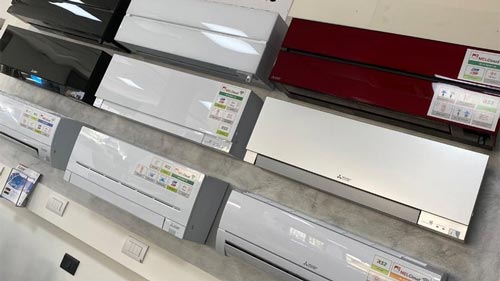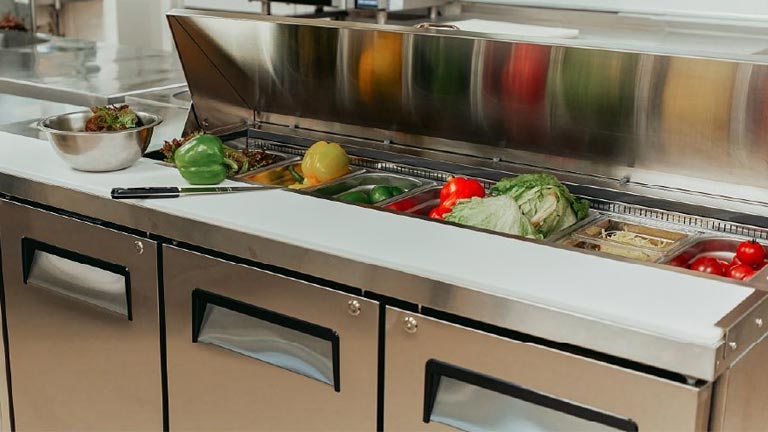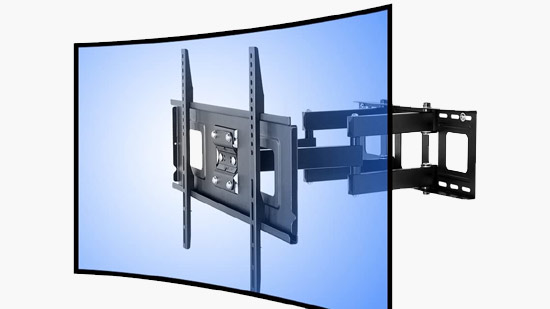 The process of buying an air conditioning system can be intimidating, especially for first-time shoppers. Air conditioners vary in a lot of factors such as price, energy efficiency, and cooling capacity. Forgetting to consider even a single factor can lead you to a wrong A/C system, which in return will waste your time, money, and effort.
The process of buying an air conditioning system can be intimidating, especially for first-time shoppers. Air conditioners vary in a lot of factors such as price, energy efficiency, and cooling capacity. Forgetting to consider even a single factor can lead you to a wrong A/C system, which in return will waste your time, money, and effort.
To make the shopping experience less intimidating and ensure you’ll get the right A/C for your space, here’s a list of things to look out for and keep in mind.
Air Conditioning Type
You have seven options: central air conditioner, ductless mini-split, portable air conditioner, floor-mounted air conditioner, hybrid or dual fuel air conditioner, smart air conditioner, and geothermal air conditioner. Not all A/C types will be ideal for your space. So you have to learn and understand your options to find which one best suits your property. You can also ask a reliable local A/C installation contractor in Plano, TX for suggestions or help.
Air Conditioning Unit Size
It doesn’t refer to the physical dimension of an air conditioning unit; instead, it’s all about the A/C’s cooling capacity. An air conditioning cooling capacity is measured using the British Thermal Unit (BTU). The right amount of cooling capacity will depend on various factors, including the size of the room, the average number of individuals STAYING regularly in the room, and the height of the ceiling, to mention a few. If you don’t want to do the math, you can use an online A/C room size calculator or talk to a trusted A/C installation contractor.
Energy Efficiency
The efficiency of an air conditioning unit is measured by Seasonal Energy Efficiency Ratio (SEER). Since 2015, the minimum SEER requirement for air conditioning units is 14. The more efficient an A/C is, the less power it consumes to operate. This means the more money you can save on your electric bill. So if you want to save money in the long run without compromising comfort, look for A/C with higher SEER ratings. They may have a higher upfront cost. Nevertheless, the return on investment is usually worth it.
Warranty
A warranty will help lower the repair cost if the need arises. So take time to understand the terms and conditions of the warranty. Some manufacturers may require their customers to get maintenance to keep their warranty. If there’s no available warranty information on the manufacturer or seller’s website, contact them.
Important Features
- Air filters. This feature plays a vital role in keeping quality indoor air, so know your options. Air filters come in various types. Some are disposable, while others can last for months. They also vary in terms of efficiency.
- Thermostat. You’ll be controlling your room temperature through the thermostat. There’s the mechanical thermostat, programmable thermostat, wireless thermostat, and smart thermostats, to mention a few. Each type comes with its pros and cons. Learning them would be a great help in finding a unit that fits your requirements.
- Compressors. It’s another key feature of an HVAC system. It is responsible for moving the refrigerant between the condenser coils and evaporator. Without this feature, your HVAC unit will not function effectively. Since compressors come in various types, such as variable speed compressors and reciprocating compressors, you should also consider learning each one of them. Only by having a better understanding of every option can you make a better decision.




